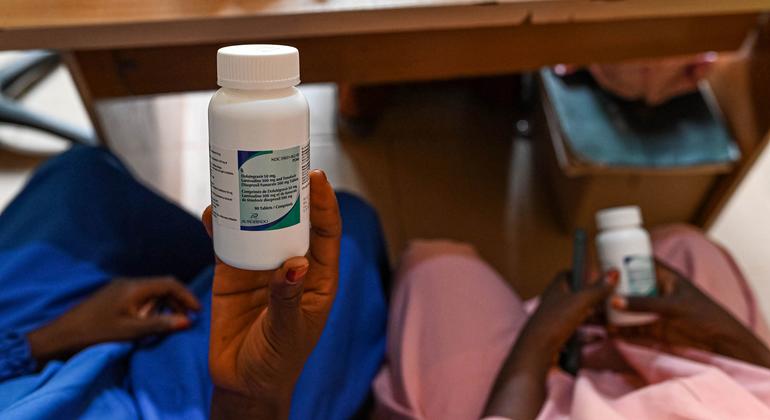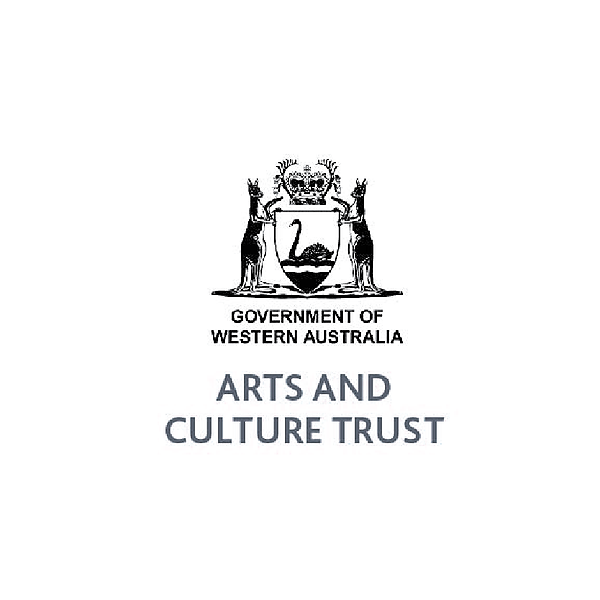
Africa has reached a significant milestone in its fight against HIV, as the continent begins to produce its own antiretroviral medicines. This development is crucial for a region that bears nearly 65% of the global HIV burden and has long relied on imports for lifesaving treatments and testing kits. However, this dependency may be starting to change.
The human immunodeficiency virus (HIV) weakens the body’s immune system, reducing its ability to combat infections and certain cancers. Without timely intervention, HIV can progress to acquired immunodeficiency syndrome (AIDS), the most advanced stage of infection. In 2023, Kenya-based pharmaceutical company Universal Corporation Ltd became the first African manufacturer to receive World Health Organization (WHO) prequalification to produce tenofovir disoproxil fumarate, lamivudine, and dolutegravir (TLD)—a first-line antiretroviral therapy for HIV.
Global Fund Procures African-Made HIV Treatment
In a major step forward, the Global Fund—a worldwide partnership financing HIV, tuberculosis, and malaria responses—has procured this locally produced HIV treatment for Mozambique. This marks the first time African-manufactured TLD has been deployed through this channel.
“The procurement of the African-manufactured first-line HIV treatment by the Global Fund for Mozambique is a great milestone towards strengthening supply chain systems in Africa,” said Meg Doherty, Director of WHO’s Global HIV Programmes. “This will contribute to better health outcomes for people living with HIV who need uninterrupted medicine supplies.”
Building Regional Capacity
The WHO indicates that this achievement is part of a broader initiative to enhance local production capacity and improve access to essential health technologies across Africa. The UN agency has been collaborating with countries, manufacturers, and global health organizations—including the Global Fund and Unitaid—to expand quality-assured African manufacturing.
“Local production of quality-assured health products is an urgent priority,” stated Rogerio Gaspar, WHO Director for Regulation and Prequalification. “With every African manufacturer that meets WHO prequalification standards, we move closer to a more self-reliant, resilient, and equitable health system.”
Progress Amid Structural Challenges
Despite this milestone, the WHO cautions that production alone is insufficient. To ensure long-term sustainability, the agency is advocating for advanced market commitments, fair procurement policies, and ongoing technical support. Additionally, WHO highlights diagnostics as a critical gap. With shifting donor funding, many countries face pressure to maintain HIV testing programs, which are essential for prevention and treatment.
In a related effort, Codix Bio, a Nigerian diagnostics company, recently received a sublicense to manufacture rapid diagnostic tests for HIV.
“Having locally produced HIV rapid tests will help increase affordability and more broadly address supply chain vulnerabilities and delays in access to diagnostics,” said Dr. Doherty.
Sustaining Impact Amid Funding Strain
As part of its guidance, the UN health agency is encouraging countries to adopt low-cost, WHO-prequalified rapid HIV tests, especially as the first test in national algorithms. This approach can significantly reduce costs while maintaining service delivery. While the latest update marks tangible progress, more action is necessary.
“Locally manufactured TLD is a major step towards that goal,” WHO stated, “but more action is needed.”
The announcement comes as African nations continue to grapple with the dual challenges of high HIV prevalence and limited healthcare infrastructure. By developing local manufacturing capabilities, the continent not only aims to improve healthcare outcomes but also to foster economic growth and self-sufficiency.
Looking ahead, stakeholders are optimistic that these developments will pave the way for further advancements in healthcare innovation and access across Africa. As the continent builds on this momentum, the focus will remain on ensuring that these efforts translate into sustainable and equitable health solutions for all.






